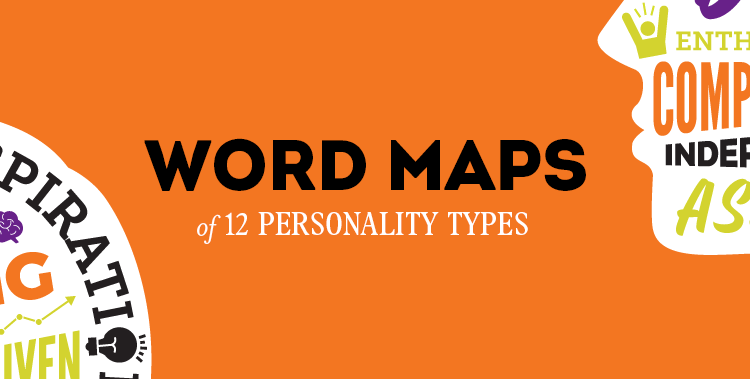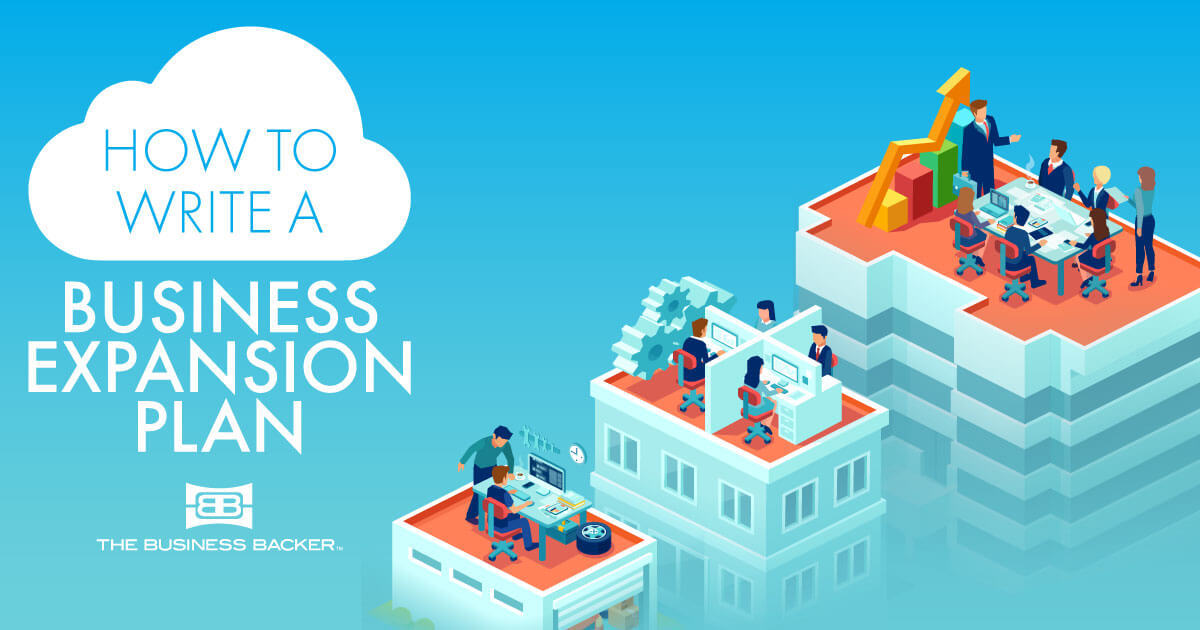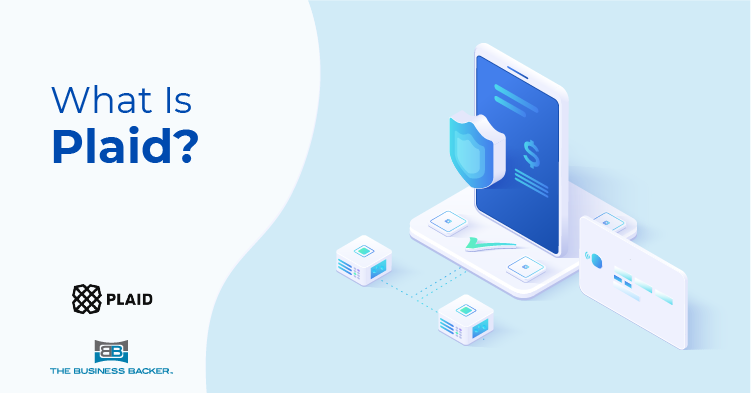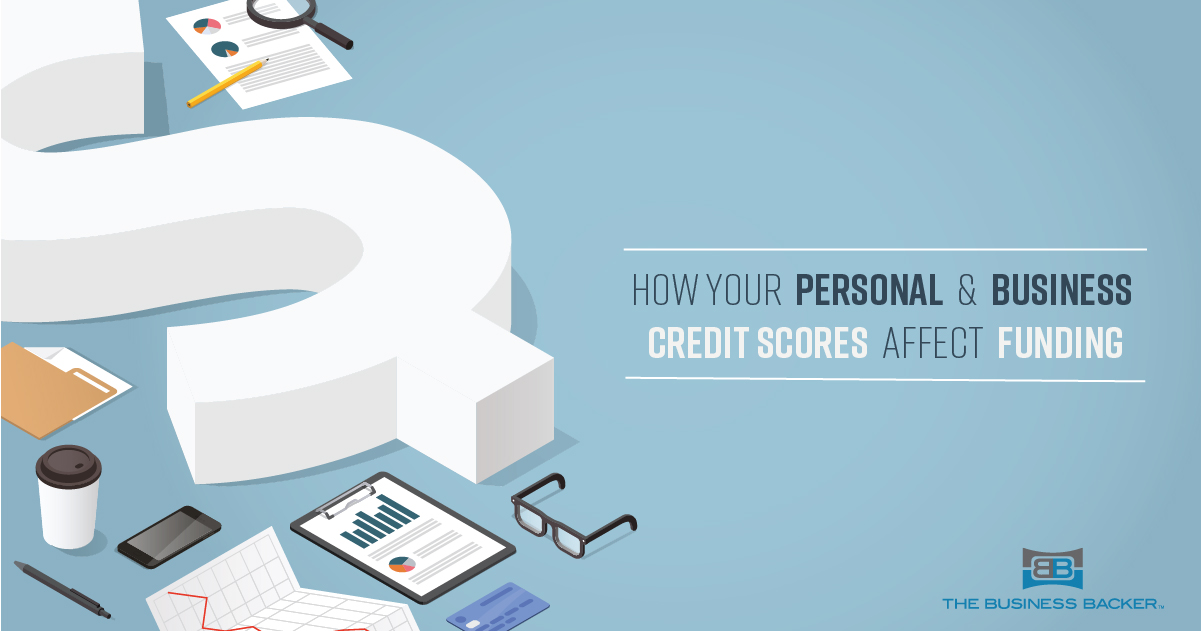Which Business Financing Option Is Right For Me?
The way you fund your business is something very specific to each company. Funding options vary from how interest rates are calculated to what you can use the loan for. With so many options, how do you know which business financing option is right for you and your business
We’ve broken down some of the most popular choices for business funding available. We’ve highlighted the factors that may stand out to you as you search for the funding that fits your needs.
Please note that our recommendations are not one size fits all. Loan types vary among lenders, so a loan type listed below may sound like your best choice, but may not be the best for you from a particular lender. Always ask your lender which options are available to you and your business and which might be the right fit.
Small Business Administration Loans
An SBA loan is a long-term financing option provided by a federal agency called the Small Business Administration. The SBA does not directly fund loans. Instead, they work with banks and private lenders to deliver a guaranteed portion of the loan.
| SBA loan is for you if |
|---|
| You need a larger loan. SBA loans range from $20,000 – $5,000,000. |
| You may be able to pay if it off sooner than you planned. SBA loans don’t have penalties or fees for early repayment. |
| You’re concerned about interest rates. Most SBA loans have a long repayment periods, so their interest rates are lower (5% – 14%). |
Small Business Loan
This installment loan is for the experienced small business owner seeking a more traditional method of financing with straightforward features and a range of payment options.
| Small Business Loan is for you if… |
|---|
| You might pay it back early. Depending on your lender, you may receive a discount on unpaid interest. |
| You like a range of repayment frequencies. If you like to have a lot of options when it comes to how often you make a payment on the loan, small business loans can vary from daily to monthly with terms as long as 18 months. |
| You may want to come back for a subsequent loan. If you end up needing more funds, you may be able to reapply for a second loan. Your lender may discount the unpaid interest and pay off the existing balance. Ask your lender for qualifying factors. |
Business Line of Credit
A revolving source of funding, a business line of credit allows you to draw the funds you need when you need them. Your limit is based on a credit check, much like a personal line of credit.
| Business line of credit is for you if… |
|---|
| You need funds quickly. Since you are already approved up to a certain amount, you can usually take draws at anytime. |
| You need to refinance your debt. Depending on your current funding situation, the interest rate may be lower and help you pay off other loans at a lower rate. |
| You need to replenish your inventory frequently. A business line of credit provides access to capital on an ongoing basis, making it easy to replenish your inventory, onboard a new employee and more. |
Merchant Cash Advance
Unlike the first two options mentioned above, merchant cash advances (MCA) are not a loan. In a MCA transaction, Businesses sell their future/current receivables to the funding company at a discount. The funds you receive are based on the future revenue of your business and are assessed as a factor rate.
| Merchant cash advance is for you if… |
|---|
| You need consistency. You know the total amount you will have to deliver to the funding company. There is no absolute obligation to repay if you are not making new receivables. |
| You need a simple repayment process. Customers typically make payments via ACH or a percentage of daily credit card sales on a weekly or daily basis. |
| Your funding needs are small. While an MCA’s range can vary, funding generally ranges from as low as $5,000 up to $300,000. |
Commercial Real Estate Financing
This loan type is specific for those looking to invest in commercial property. This could include the acquisition of a new business, expansion of your current business or refinancing a previous purchase.
| Commercial real estate financing is for you if… |
|---|
| You need a large sum for your next property. Commercial real estate financing provides funding ranging from $250,000 – $75,000,000. |
| You want to refinance. Refinancing real estate is one of the most common uses for commercial real estate financing allowing you to continue building equity in real estate. |
| You want to expand your current location. It’s not easy to find the perfect space for your business, so you may have to build it. Commercial real estate financing provides the funds you may need to improve on your space. |
Invoice Factoring
Also known as accounts receivable financing, invoice factoring provides the means to reinvest cash from unpaid invoices. First, you sell any outstanding invoices to a private lender. In return, the lender will give you a percentage of the money owed. Once the customer pays in full, you’ll receive the total amount owed, less the fees of the lender.
| Invoice factoring is for you if… |
|---|
| You need quick funding. Invoice factoring converts into cash fast. |
| You have a lot of outstanding invoices. Instead of drowning in unpaid invoices, you can recoup some of your funds and continue growing your business. |
| Your business has a large gap of time between sales and payments. Invoice factoring is very popular amongst businesses that fall into this category, as this type of funding skips the waiting period and allows for quicker reinvestment. |
Startup Business Loans
As many small business owners know, it can be a challenge to get the funding you need when you first start out. It’s tough to get the loan you need without credit, but having a loan helps you build credit! Startup business loans are designed in a way that is tailored to the success of new small business owners.
| Startup business loan is for you if… |
|---|
| You don’t have a lot of revenue yet. This funding type is specifically aimed at those who are new to the business world and can help you get your business running. |
| You started your business within the last six months. Startup loans do not use business age as a factor when deciding on interest rates or funding. |
| You don’t need more than $200,000. Startup loans typically max out around $200,000, with interest rates ranging from 12% – 27%. |





